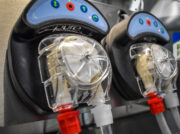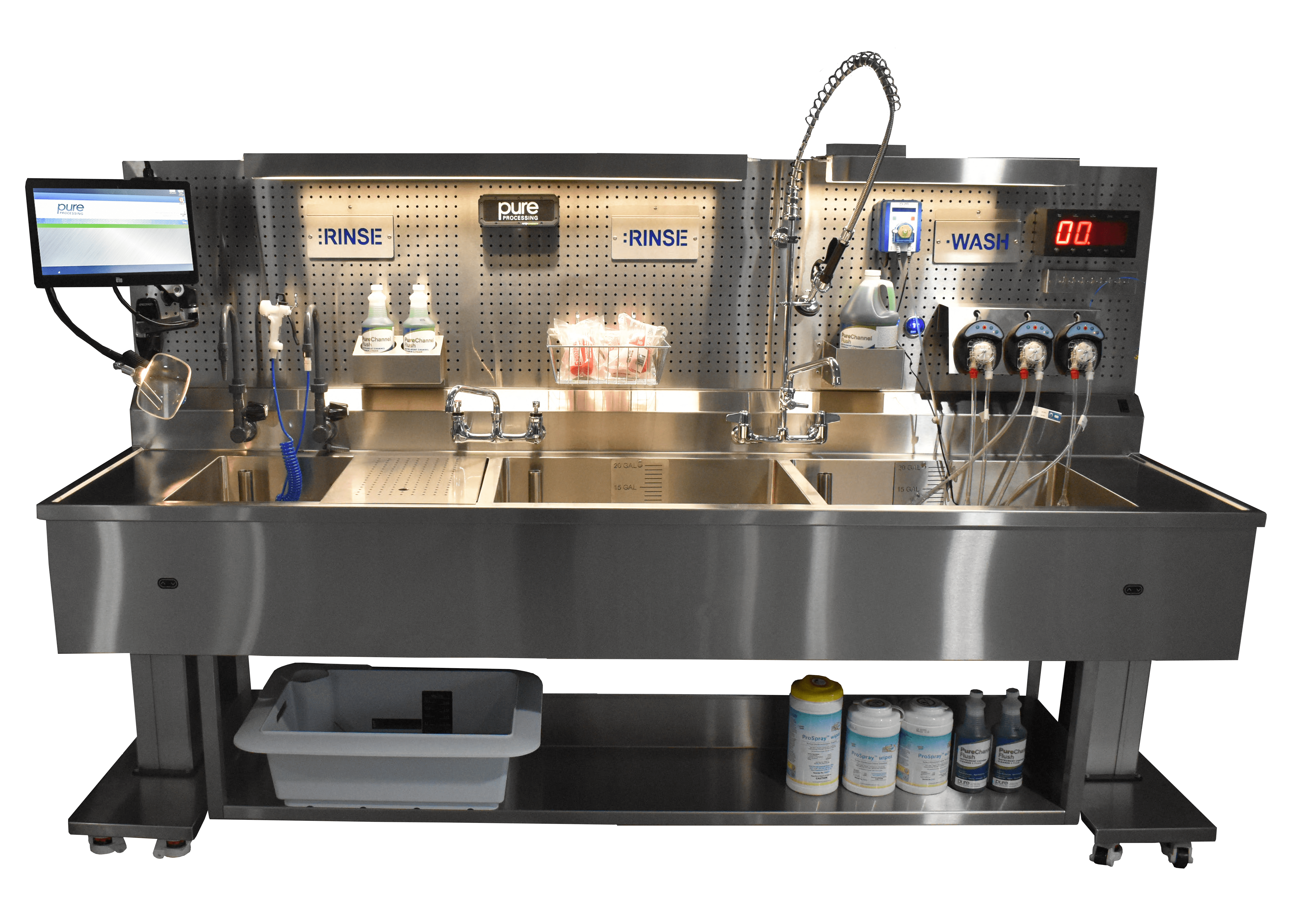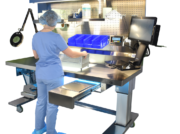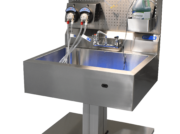
The State of Sterile Processing: “The Industry is Coming Home to Roost”
In early March of 2022, Pure Processing convened members of our Voice of the Customer committee to discuss staffing and retention. We learned a lot from the conversation with them, and if you haven’t seen our blog: Sterile Processing Staffing & Retention in 2022: A Conversation with VOC, be sure to check it out.
One concept that stuck out and led to deeper conversation was the idea that the sterile processing industry “is coming home to roost.” As we listened to the VOC members discuss and elaborate on this, it became clear that something’s going on under the surface in the sterile processing world.
Nowhere to grow
A core tenant of building a career is having the opportunity to grow, expand, and thrive as a professional in your field. In an exceptionally competitive labor market where organizations are trying to appeal to younger generations that have a focus on career progression, sterile processing seems to have fallen behind.
There has been pushback from upper management over the years as SPD Managers and Directors have attempted to implement a hierarchy for technicians to climb within their departments. Even in situations where there are opportunities to grow, from Tech I to Tech II, for example, there isn’t always an associated compensation change or increase in responsibility.
The problems derived from the lack of growth opportunities are twofold:
- Not seeing an opportunity to grow, current technicians are leaving organizations or the central sterile industry entirely.
- Potential newcomers are assessing the growth landscape in sterile processing departments and determining that they would rather not begin a career without clear pathways for upward mobility.
In order for sterile processing departments to continue doing their critical work of ensuring patient safety, they need to be able to offer current and potential technicians the ability to grow in SPD.
Lack of incentives for experience, certifications, and continued education
Another aspect touched on by our VOC committee was a notable lack of incentives associated with years of experience, education, and  certifications. Many organizations are screening applicants without certain certifications, but not adjusting compensation for those that do hold them. As states throughout the country mandate certain certifications, organizations may be finding it easier to justify as a “ticket to ride.”
certifications. Many organizations are screening applicants without certain certifications, but not adjusting compensation for those that do hold them. As states throughout the country mandate certain certifications, organizations may be finding it easier to justify as a “ticket to ride.”
Current and prospective technicians, however, do not view it this way. Experience, continued education, and time/money spent obtaining certifications are investments that technicians have made in themselves. The lack of incentives or compensation for certifications, education, and experience may be regarded as a lack of appreciation to current SPD professionals, and could be causing prospective technicians to perceive them as a barrier to entry.
Compensating technicians for the knowledge they’re bringing to the table or maintaining in a department demonstrates appreciation, as well as ensures the department has the best talent possible to provide safety to patients.
Stagnant Wage Growth
Ask almost any technician or reprocessing professional what their biggest concerns or issues regarding the industry are and you’re bound to find at least one commonality: wages.
Pushback on wage growth over the last two decades has led to reprocessing positions being out-competed by many other industries. Among the consequences of this stagnancy is a reluctance in the labor market to take jobs in sterile processing, contributing to a notable personnel shortage in departments throughout the country.
Stagnant wages have also led to career technicians (often referred to as ‘lifers’) to consider exploring other opportunities for the first time. A true passion for the work they do is often the only lifeline keeping these experienced professionals from exiting the industry more readily.
“The industry is coming home to roost.”
One of our Voice of the Customer members put it best when discussing the overarching concerns the industry is facing: “The industry is coming home to roost.”
Without clear professional ladders to demonstrate career paths, incentives and appreciation for individual growth, certifications, and education, and competitive wages, sterile processing has become less appealing to potential employees, and departments are feeling it. The industry could be facing staffing challenges for years to come. As one VOC participant commented: the industry may need some “re-engineering.”
Many managers and directors are already taking on new initiatives to improve their departments. From persisting in their efforts to increase their teams’ wages, to collaborating with other departments in the hospital to improve communication and address longstanding problems, to creating new positions that don’t require certifications and serve as an entry point for newcomers, those in SPD management are approaching the problem head-on.
Are you looking for ways to improve your department? Culture is a great place to start! Check out our blog post on Creating and Maintaining a Great Culture in Sterile Processing!
Have a problem you need to solve? We’d love to help out!





